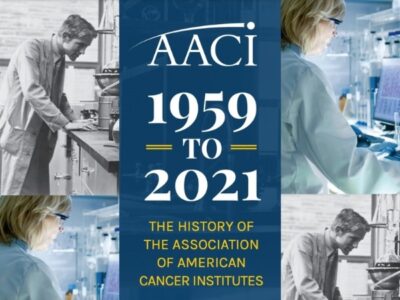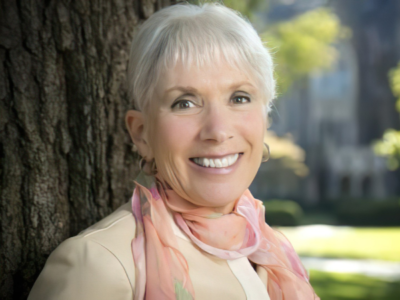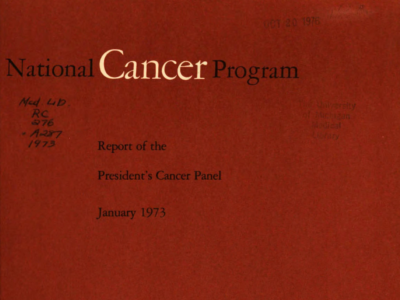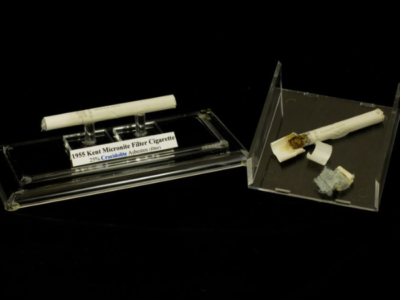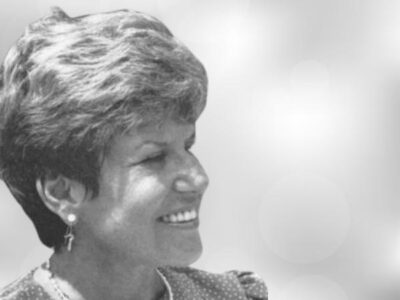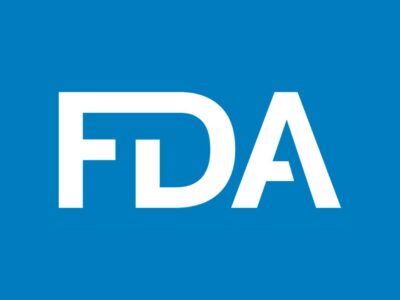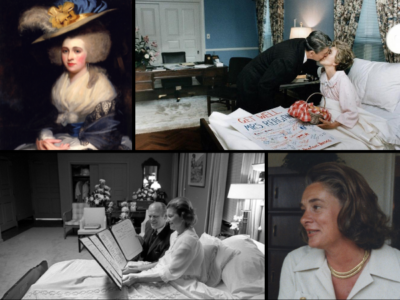The following reflections on the Association of American Cancer Institutes from AACI are excerpted from “The History of the Association of American Cancer Institutes” by Donald L. Trump and Eric T. Rosenthal.
Sandra Hillburn walked miles every day with a friend. She hiked mountains, played golf and tennis, and skied. In 2005, those things began to feel impossible.
In the first report from the President’s Cancer Panel, Benno C. Schmidt outlined his vision for the National Cancer Program, as defined by the National Cancer Act of 1971
If advertising is to be believed, in 1954, the American Medical Association ran a test comparing filtered cigarettes.
The first evidence of cancer—and cancer treatment—in humans dates back to the Pyramid Age, writes Jaya M. Satagopan, PhD, full member of the Cancer Prevention and Control Program at Rutgers Cancer Institute of New Jersey, and professor of biostatistics and epidemiology at Rutgers School of Public Health.
Rose Kushner was a war correspondent during the Vietnam War. She wrote openly about her breast cancer diagnosis in the 1970s, and went on to become an influential breast cancer advocate.
The FDA Oncology Center of Excellence has signed on as the latest contributor to the Cancer History Project.
Ernestine Hambrick, the first woman board-certified in colon and rectal surgery, is the recipient of the 2022 American College of Surgeons Dr. Mary Edwards Walker Inspiring Women in Surgery Award.
NCI Director Monica Bertagnolli remembers when Betty Ford and Nancy Reagan went public with their breast cancer diagnoses—and the profound impact those decisions had on oncology.
Breast cancer history is closely tied with the treatment of the most prominent non-elected political person in the country, the First Lady.


